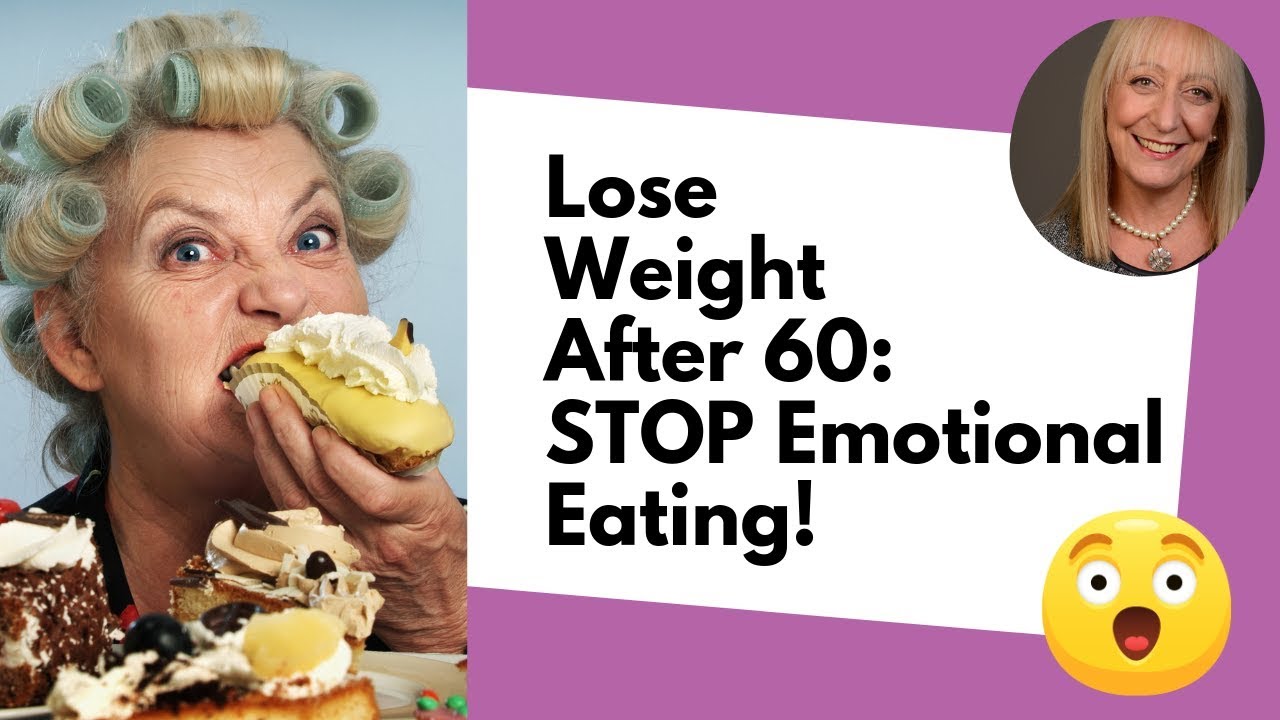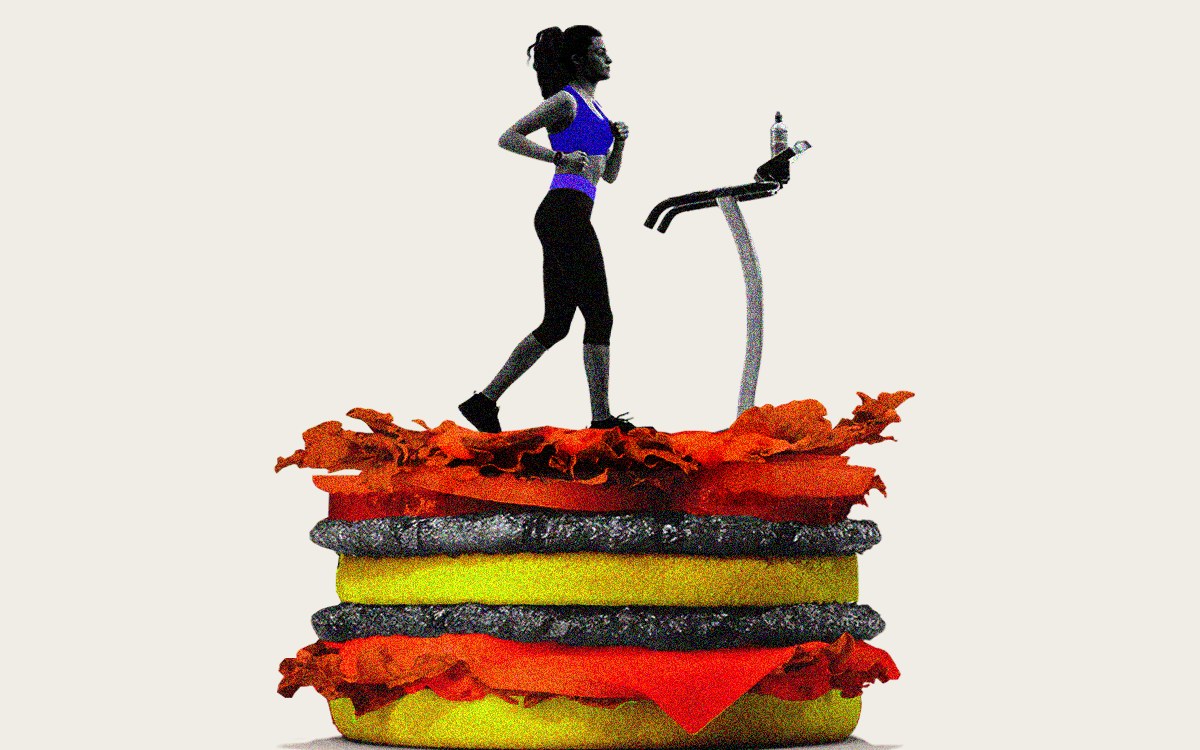
This is the place to go if you are looking for the best breakfast recipe to lose weight. A variety of great breakfast options include eggs, Greek yogurt and bananas. But which combination is the most effective? These are the best foods to eat for a healthy, balanced breakfast. They're also free from any substandard food. You can lose weight by trying these recipes!
Eggs
Adding extra ingredients to your breakfast can make a difference. Eggs are rich in protein, which suppresses appetite and increases fullness. They increase metabolism, which can reduce the chance of overeating. Researchers report that eating eggs for breakfast significantly reduces the number of obsessive thoughts about food, as well as the amount of late night snacks a person craves. It doesn't matter why eggs are important to your morning, the health benefits that eggs provide are worth it.
Greek yogurt
There are many reasons Greek yogurt is good for you. For one thing, Greek yogurt is high in protein, which is beneficial for your health. Also, Greek yogurt has lower saturated fat levels than other dairy products. Greek yogurt's low-GI can be topped with fresh raspberries or other toppings. You'll still consume less that 300 calories and it's high in potassium- and calcium.

Bananas
Bananas are an excellent choice for breakfast due to their fiber content and resistance starch. These components can help reduce hunger and calorie intake. Prebiotic properties in bananas aid digestion. Bananas should be eaten in the morning. However, they can also go well with smoothies and fruit salads. They have fewer calories than other fruits, but are still a healthy option as part of balanced breakfasts.
PB & J
PB&J can be a delicious, healthy, and satisfying breakfast snack. Julia Davis Chandler and Andrew F. Smith invented the classic PB&J and it is still a part of many school lunches in the United States. Not only is PB&J protein-rich, it also tastes great! The debate about the PB&J sandwich's nutritional benefits is ongoing, but the answer lies somewhere in the middle.
Oatmeal
Oatmeal is a healthy, filling and nutritious breakfast option. Oatmeal is a great option for weight loss because it gives you plenty of energy and keeps you from overeating. Additionally, oatmeal is low in calories, and it contains fiber which will keep you fuller longer. You don't have sugar concerns because oatmeal is naturally sweetened. You can add fruit or spices to your oatmeal to add flavor and nutrition.
Salad
Salads may seem strange if you are trying to lose weight. Salads can be a good way to get a lot of protein and healthy oils without being too heavy. A variety of protein-rich foods, such as nuts, seeds, and legumes, have numerous benefits. These include improving your health, lowering cholesterol, and preventing heart disease. Plus, they are full of fibers and antioxidants.

Bananas stuffed with nut butter
Nut butters are high in calories but also provide a great source of healthy fat and protein. You can make them as a staple in your diet, but don't overdo it! You can add nut butter to plant-based yogurt, or make a smoothie with them. These delicious, nutritious treats will get your started! What's more? They are very easy to make.
PB & J bowl
A PB&J-bowl can be a good breakfast choice for anyone trying to lose weight. The ingredients are delicious and packed with protein. Simply add 1/3 cup frozen bleuberries to make this the perfect meal. You'll also enjoy the satisfying combination of peanut butter and jelly in a bowl. Make it healthy today! You can also find other delicious options if PB&J doesn't appeal to you.
FAQ
How to Lose Weight
For people who want to look good, losing weight is a popular goal. People desire to lose weight because they want to live longer, feel healthier, and live longer. There are many ways to lose weight. Cardio training, strength training yoga, pilates running, swimming and cycling are just a few of the options. Each exercise has its pros and cons. Walking, for example, is the best way of burning calories. However, if you want to build muscle mass, then lifting weights would be the best choice. We'll be discussing how to lose weight, and which exercise is best.
When trying to lose weight, the first thing you need to think about is the type of diet plan that you should be following. It doesn't mean you have to eat less, but it is important to avoid junk food and eat more fresh foods. It's recommended to consume at least 2200 calories per day. You can lose weight quicker if you reduce your calorie intake. This will allow you to shed fat more quickly.
You can lose weight quickly by getting active. Exercise can help you lose calories and speed up your metabolism. It is important to combine exercise with healthy eating habits in order to effectively lose weight. You will lose weight by exercising. Your body will begin to burn fat quicker if you train regularly. Regular workouts can also help you to maintain a healthy lifestyle. You stay fit and help prevent diseases like diabetes, heart disease, hypertension, and obesity.
You should try to walk as much as possible. Walking can help you burn approximately 500 calories an hour. A walk of 30 minutes per day can help you to burn approximately 1500 calories. One pound of fat will be lost per week if you walk 30 minutes each day. You can also run for 10 minutes or jog. Running burns approximately 1000 calories an hour. Run for 20 minutes every day if you want to lose 5 lbs in three weeks.
For weight loss, it is best to combine exercise with healthy eating habits. It is important to strike a balance among these two.
What length of Intermittent Fasting should I be doing to lose weight?
The answer may not be as straightforward as you think. A number of factors need to be considered when determining how many days of fasting are needed for optimal fat loss. These include:
-
Your age. Intermittent fasting can be difficult for young people (under 40). This is because they have less time to recover after each fast. You may not have enough energy for a sustained period of daily fasting if you are older (over 60).
-
Your current body composition. If you already have a lot of muscle mass, you'll likely benefit most from longer periods of fasting. Shorter fasting might be more appropriate for you if you have less muscle mass.
-
How physically active you are. If you exercise regularly, you may need to extend your fasting window to ensure that you still get adequate rest between workouts.
-
Your health history. Some people with medical conditions like diabetes, heart disease, cancer, etc., may require additional fasting monitoring.
-
How can you manage stress? Stressful situations can make us eat more. You may need to extend your fasting times in order to avoid this problem.
-
It is the type of diet you are following. Certain diets, like ketogenic diets, may require even longer fasting periods.
-
Your quality of sleep. Insufficient sleep has been associated with decreased metabolism and increased appetite. It could take some experimentation to discover the best method for you.
-
Your daily intake of protein. Protein helps stabilize blood sugar levels, which means that eating more protein could potentially lead to lower insulin levels. This would allow you be more consistent in your fasting.
-
Individuals who are trying lose or gain weight will require longer fasting times than those who are trying.
-
How many calories do you consume in your fasting windows? Fasting for fewer calories a day can result in more fat loss than fasting to eat more calories a day.
-
Your overall fitness level. A person who is very fit will burn more calories every day because they are faster.
-
Your gender. Women tend to have a greater appetite than men, so they might need to fast for longer periods. Women are more likely to have smaller appetites and may need to fast only 20-30 minutes every day.
-
Your lifestyle. Do you get enough physical activity? Are you able to exercise several times per week? Do you work at a desk all day? These factors could affect how much you should fast.
-
How much money do your spend on food every day? Eating healthy foods doesn't necessarily mean spending much money on groceries. Whole grains can be substituted for white bread, whole fruits can be purchased instead of candy bars and lean meats over fatty cuts.
-
It's important to manage your hunger. Fasting may not be necessary if you don't want skip meals.
Are there side effects to intermittent fasting
Intermittent fasting does not have any known side effects. If you don't plan well, you may experience minor issues.
For example, if you skip breakfast, you might be irritable all day long. Other symptoms include headaches, dizziness and fatigue as well as muscle cramps.
These symptoms typically disappear in a matter of days.
Statistics
- One 6-month study showed that simply doing 11 minutes of strength-based exercises 3 times per week resulted in a 7.4% increase in metabolic rate, on average. (healthline.com)
- Among women, the increase in metabolic rate was nearly 4%, or 50 more calories per day (14Trusted Source (healthline.com)
- According to Harvard Health, it's estimated that a 155-pound (70-kg) person burns around 167 calories per 30 minutes of walking at a moderate pace of 4 mph (6.4 km/h) (5). (healthline.com)
- According to Harvard Health, it's estimated that a 155-pound (70-kg) person burns roughly 112 calories per 30 minutes of weight training (5). (healthline.com)
External Links
How To
How to Lose Weight Fast Without Exercise
To lose weight quickly, eat fewer calories that you burn. This will encourage your body's ability to use fat stores as energy. In order to get enough calories your body will start to degrade muscle tissue. This can lead to some muscle loss. Although you can lose weight even if you aren't working out, it's likely that you'll lose more muscle mass.
You can lose weight quickly without having to work out by reducing your calorie intake. It is common for people to believe that they must cut down on their food intake in an effort to lose weight. In order to lose weight you should eat less calories than you burn. So how much should you eat every day? It depends on what kind of activity you engage in daily. A runner who walks three miles each day would only need about 2,500 calories per week. A person who sits at a computer all day would need around 1,600 calories per day. For someone who exercises often (e.g. lifting weights), the daily intake would be around 1,600 calories.
When you want lose weight, it is important to cut down on your caloric intake. Many people believe that they need to eat less because they feel starving. But this isn't the case. Your body doesn’t care what you eat; it wants to function properly. In order to lose extra weight, it is essential that you keep track of how many calories you consume. Many apps are available online that can help you monitor your calorie intake. You can use these apps to monitor your calorie intake, such as MyFitnessPal, Calorie Counter and LoseIt!